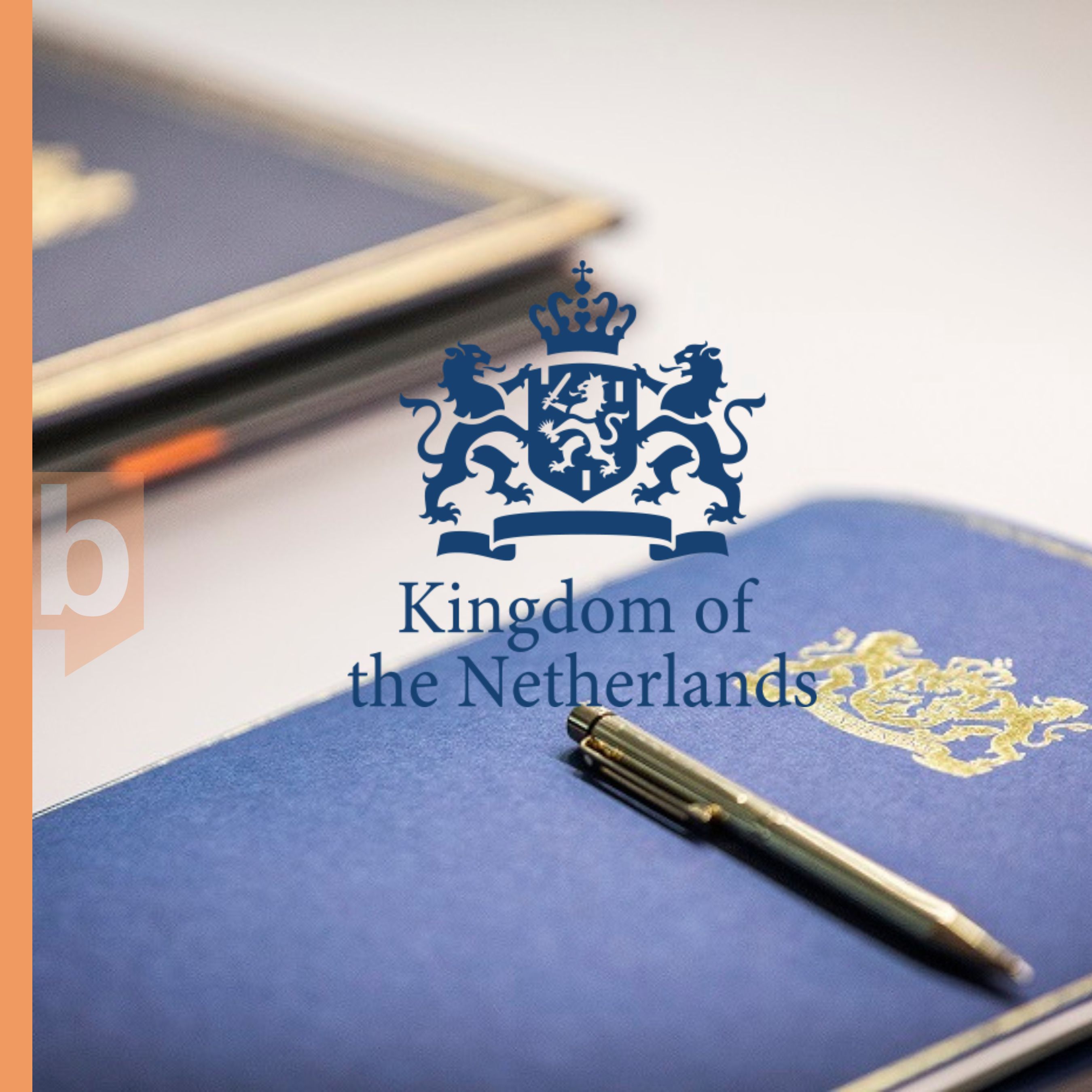Debate grows over kingdom treaty law and its impact on Curaçao, Aruba and St. Maarten

THE HAGUE--The Dutch House of Representatives has released its report on a proposal to amend the Kingdom Act on the Approval and Publication of Treaties, renewing debate over how international agreements take effect within the Kingdom of the Netherlands. The Act governs the procedures by which treaties are ratified and made public, setting the framework not only for the Netherlands itself but also for Curaçao, Aruba, and St. Maarten.
At the heart of the discussion is the question of how treaty provisions that are considered “binding on all” should be applied in practice. Such provisions can directly create rights and obligations for citizens and businesses, bypassing local legislatures in the Caribbean countries of the Kingdom.
Parliamentary factions in The Hague have raised concerns that this dynamic weakens legal certainty and democratic oversight, since residents of Curaçao, Aruba, and St. Maarten may find themselves subject to international obligations without their own parliaments having a formal say. The report highlights unease over transparency and urges the government to explain more clearly how treaties with direct effect are communicated. Lawmakers stressed that such agreements must be published promptly and in an accessible manner so that citizens are aware of what rules govern them.
The Kingdom Act currently sets out the process by which treaties are submitted for parliamentary approval, stipulating when they require formal ratification by the States General in The Hague and how they must be published in order to take legal effect throughout the Kingdom. Because of the Act’s scope, its procedures determine how international obligations flow into the legal orders of Curaçao, Aruba, and St. Maarten, sometimes without active involvement from those territories’ parliaments.
The House’s report makes clear that the stakes are especially high for the islands. Lawmakers are closely watching how the amendment could shape the future application of international treaties in their domestic system. Once adopted, the reform could mean that obligations arising from treaties will bind the islands more directly, reducing opportunities for the island’s Parliament to intervene or debate specific measures.
For now, the debate will continue. The Dutch government is expected to issue a memorandum of response in the next phase of the legislative process, addressing the questions and concerns raised. Until then, the issue of how much democratic control the Caribbean countries retain over treaty obligations remains unsettled.
Join Our Community Today
Subscribe to our mailing list to be the first to receive
breaking news, updates, and more.





